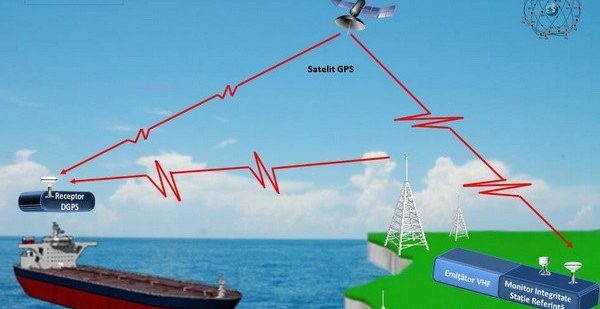
Introduction to DGPS
Differential Global Positioning System (DGPS) technology enhances GPS accuracy significantly, making it a cornerstone in various applications, especially in container logistics. By correcting GPS signal errors, DGPS provides precise location data, crucial for navigation and tracking. This technology is vital for maritime logistics, where accuracy is paramount for efficient port operations and vessel management.
DGPS in Container Logistics
In the realm of container logistics, DGPS plays a pivotal role by improving cargo positioning and tracking. It enables real-time location tracking, essential for shipping routes optimization and container management. Logistics efficiency sees remarkable improvement, as DGPS facilitates better freight coordination and transport optimization, ensuring timely and accurate cargo delivery.
Technical Overview of DGPS
DGPS works by using a network of ground-based reference stations that broadcast the difference between the positions indicated by the GPS satellites and the known fixed positions on Earth. This signal augmentation helps in correcting GPS signal errors, enhancing location accuracy significantly. Unlike standard GPS, DGPS uses this additional data to provide precision to within a few centimeters, crucial for detailed navigation correction and geolocation services in logistics.
Future Trends and Developments
The future of DGPS in container logistics looks promising, with potential advancements aimed at further enhancing accuracy and efficiency. Innovations in DGPS receivers and signal processing technology could open new avenues for optimization in maritime logistics and beyond. As the technology evolves, its application is expected to broaden, offering new opportunities for efficiency and management in the global supply chain.
